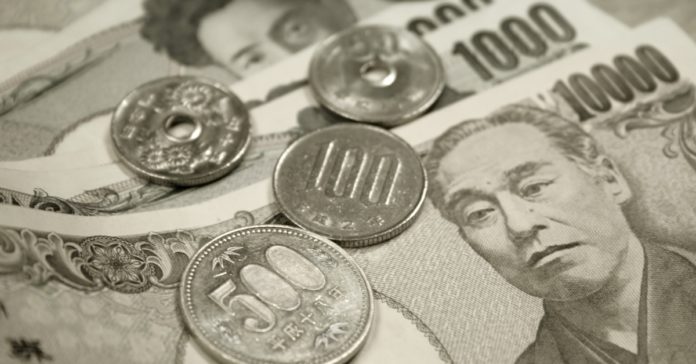[ad_1]
Advanced economies such as Japan’s don’t need a digital currency, the deputy governor at the Bank of Japan (BoJ) asserted during a recent meeting.
Speaking at the Bank for International Settlement’s recent Future of Payments Forum, Deputy Governor Masayoshi Amamiya argued a Japanese central bank digital currency (CBDC) currently has little merit.
CBDCs could greatly benefit developing countries, such as Cambodia, that have “immature” payment infrastructures, he said in a speech publicized Friday. But for advanced economies, the costs outweigh the benefits.
“At this point, there is no need to implement new steps to ensure people’s access to central bank money,” according to a transcript of his speech. “Moreover, the currency systems and the payment and settlement systems of these economies are operating safely and stably. They cannot simply jump into new technologies, or actually, they should not.”
Assuming CBDCs would operate at lower running costs compared to private initiatives, Amamiya continued, merchants would likely prefer CBDCs over private payment systems, both legacy and cryptocurrencies, but he said this would “suppress private business and discourage innovations.”
If Japan introduced a digital yen, the central bank could also become the sole repository for the entire country’s transaction information, raising concerns about how the BoJ would store and protect personal financial data, Amamiya added.
Amamiya’s comments come after rising speculation that Japan was preparing to issue a digital yen. In February, senior politicians in the country’s ruling Liberal Democratic Party filed a formal proposal for the government to issue its own digital currency in the face of a rising monetary threat from the planned digital yuan from China.
Amamiya previously ruled out a digital yen in 2018 when he argued it could undermine the country’s two-tier financial system without providing additional benefits. In 2019, he said a move to a CBDC would only be viable if the whole country was prepared to abandon cash.
In his most recent comments, Amamiya argued there were benefits for countries already experiencing a significant decline in the use of cash to move over to a CBDC model. Sweden’s e-krona initiative, he said, was one example where people who have struggled to adapt to cashless payments could be provided with ready access to central bank money.
While he doesn’t favor a Japanese CBDC presently, Amamiya has advocated for more research into digital currencies. The BoJ was also one of six central banks to form a working group to share findings surrounding CBDCs earlier this year.
Disclosure Read More
The leader in blockchain news, CoinDesk is a media outlet that strives for the highest journalistic standards and abides by a strict set of editorial policies. CoinDesk is an independent operating subsidiary of Digital Currency Group, which invests in cryptocurrencies and blockchain startups.
[ad_2]










